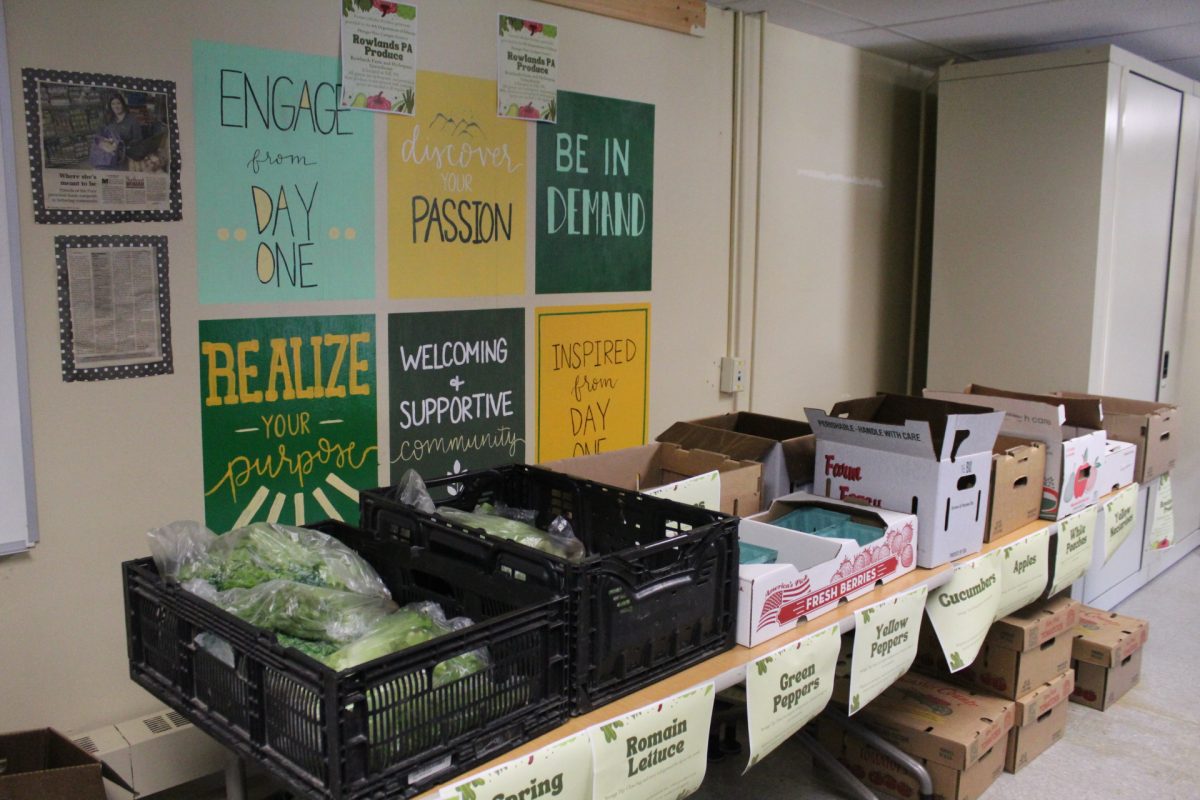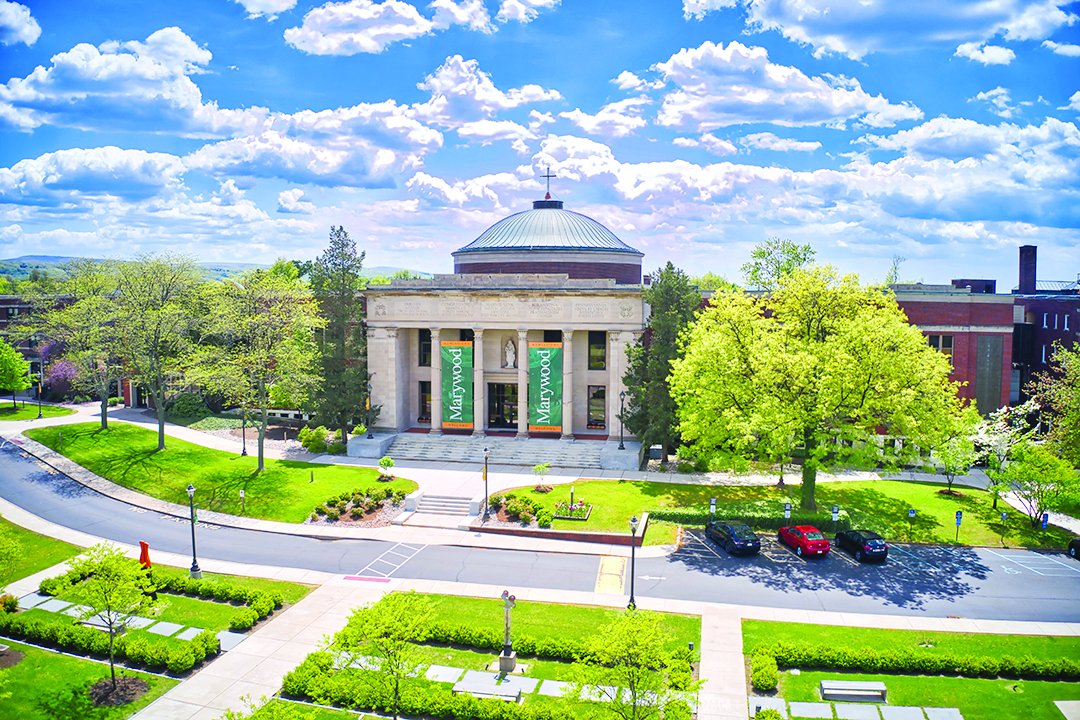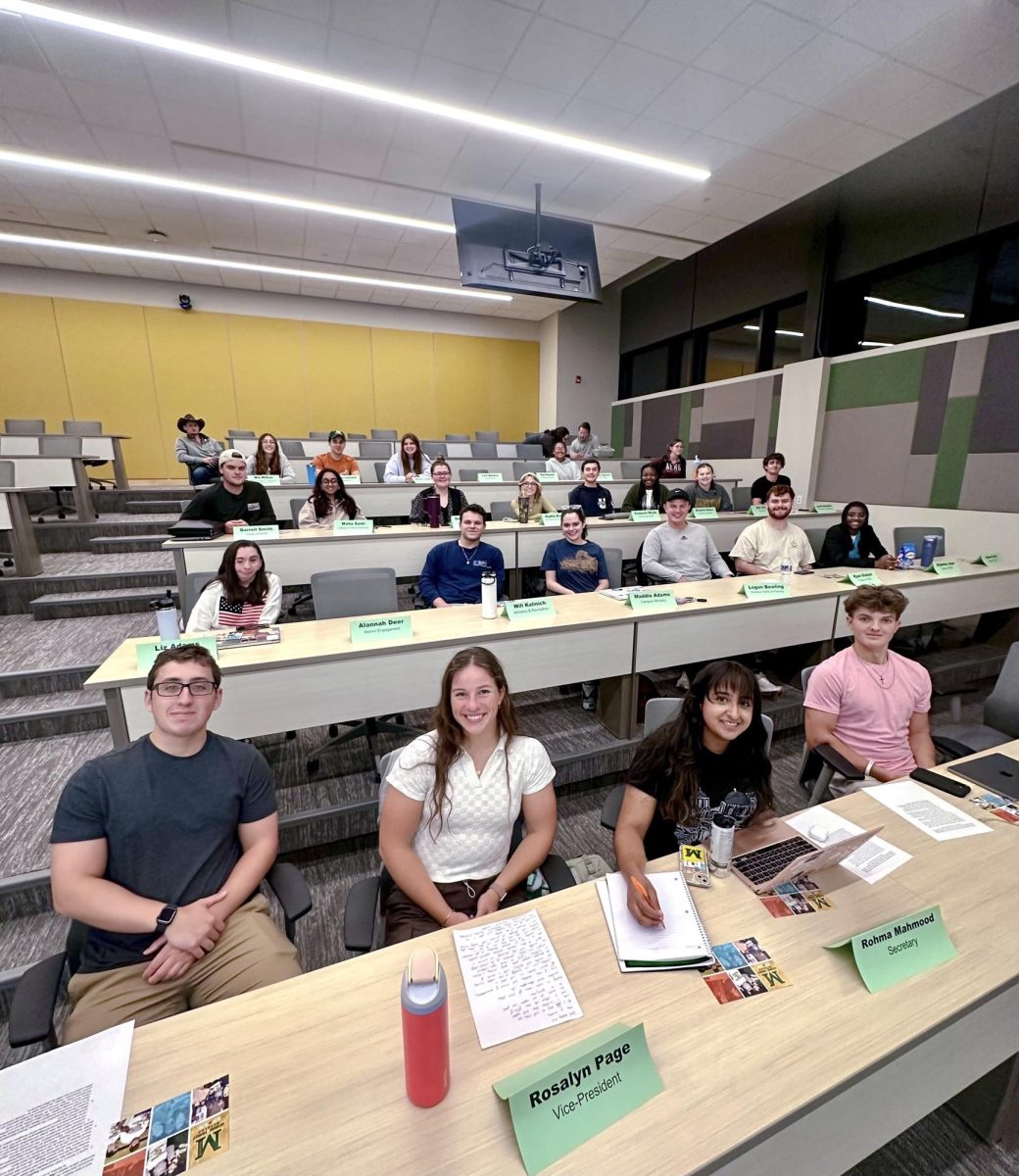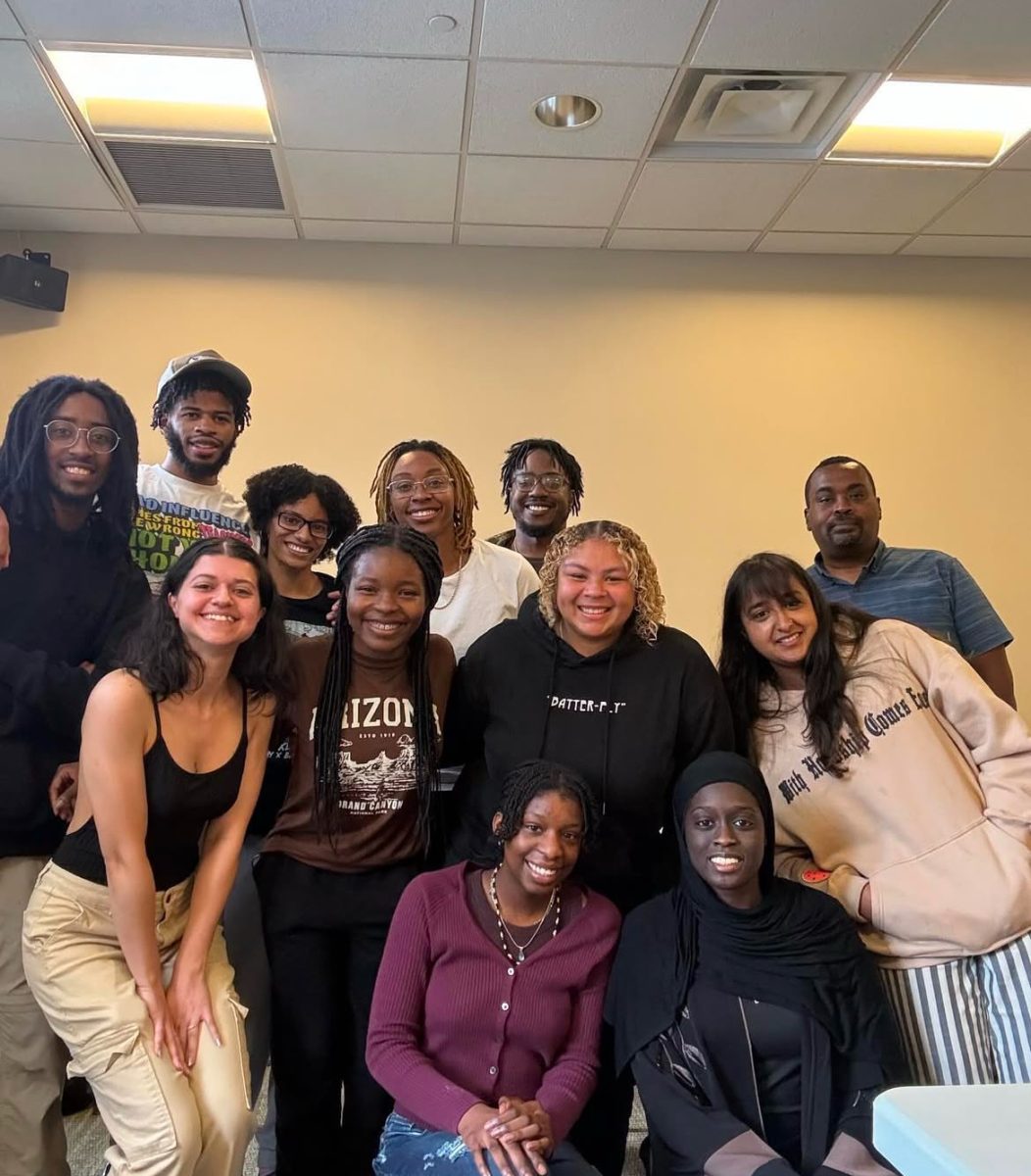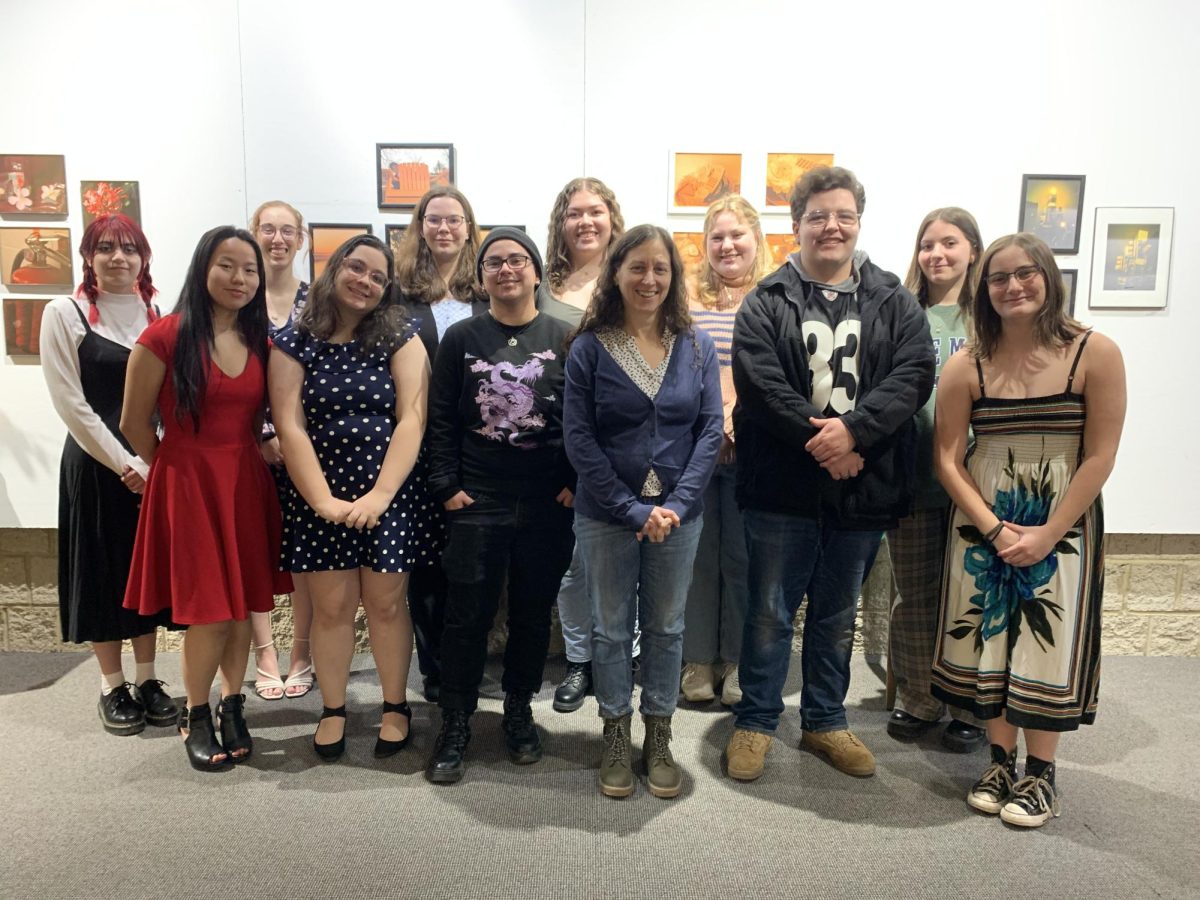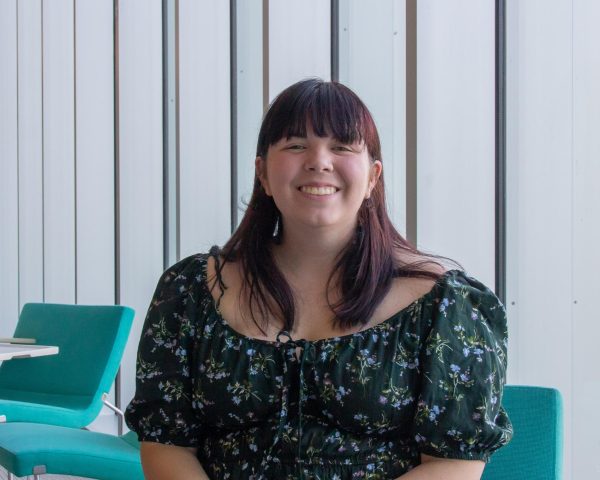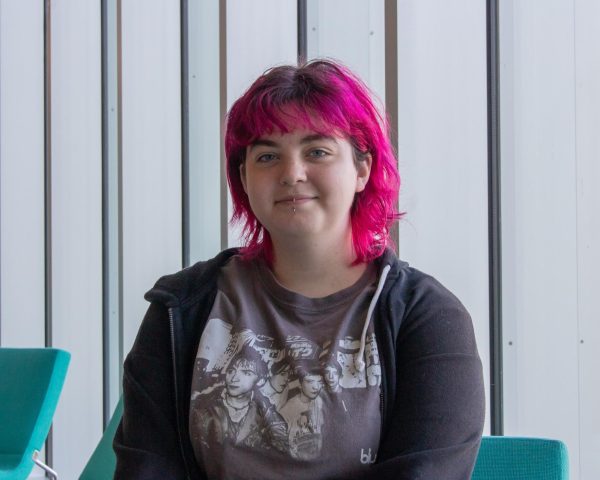Food insecurity has become a prevalent issue across the nation for college students. Marywood has found a way to combat this problem and is looking to expand its resources through new technology.
Started by Sr. Liz McGill and organizers at Friends of the Poor, the Pacer Pantry began in 2019 to determine food security needs on campus among students.
Director of Community Service and Social Justice Amy Fotta stated that the statistics recorded on campus were similar to national data. The pantry opened a few months before the COVID-19 shutdown, and is continuing its efforts into this year.
Campus Ministry took hold of promotions, staffing the pantry and forming collaborations with Friends of the Poor, Child Hunger Outreach Partners (CHOP) and CHOP Out Hunger. In July 2023, Marywood University became a Hunger Free Campus and was awarded a Department of Education Hunger Free Campus Grant in January 2024.
Through the grant, Fotta wanted to see more collaboration between other departments on campus.
“We wrote into the grant that we wanted opportunities for students in the Environmental Science department to have hands-on opportunities with the growing system,” said Fotta.
The pantry began its collaboration with the Environmental Science and Nutrition and Dietetics department through the purchase of a portable Flex Farm hydroponics system, which is currently growing fresh lettuce for the pantry. According to Flex Farm, the portable systems can produce up to 394 pounds of produce per year.
Marywood Professor Sara Melick first worked with hydroponics when volunteering at Friends of the Poor and brought her experience to Marywood after the grant was awarded.
“The Flex Farm system is an energy and space-efficient method of growing lettuce and leafy greens as well as items such as strawberries, tomatoes and peppers,” said Melick.
Undergraduate students are also being trained to maintain the systems and has been a hands-on experience for all departments involved, so far.
“This is an opportunity to quantify results and look to make improvements not only each month but also yearly,” said Melick.
The inclusion of the system has also benefited students who struggle with food insecurity.
“Some of the hardest things to keep supplied are fresh food items and students have asked for more variety of fresh produce, and this is a way to support what students on campus would like to see,” said Fotta.
According to Fotta, another new inclusion to the pantry will hopefully be a farmer’s market partnered with local farmers.
This semester, the pantry began offering fresh basil pick-up, grown from the hydroponics system. The pantry also celebrated an open house on Sept. 6 with giveaways and fresh produce.
The Pacer Pantry plans to offer workshops throughout the semester for students to learn more about the hydroponics system and local agriculture. It hopes to expand to more areas on campus by offering grab-and-go areas near the McGowan Center.
“My goals for this project are not only to provide fresh, local produce to our Pacer Pantry, but to also educate students on food insecurity, the power of fresh food, the water footprint our food has and avenues for interdisciplinary research,” said Melick.
For more information on how to get involved, follow the pantry @mupacerpantry or reach out at [email protected]. The Pacer Pantry is open on Mondays, Thursdays and Fridays from 12:30-4:30 p.m. on the lower level of Emmanuel Hall.
Contact the writer: [email protected]



